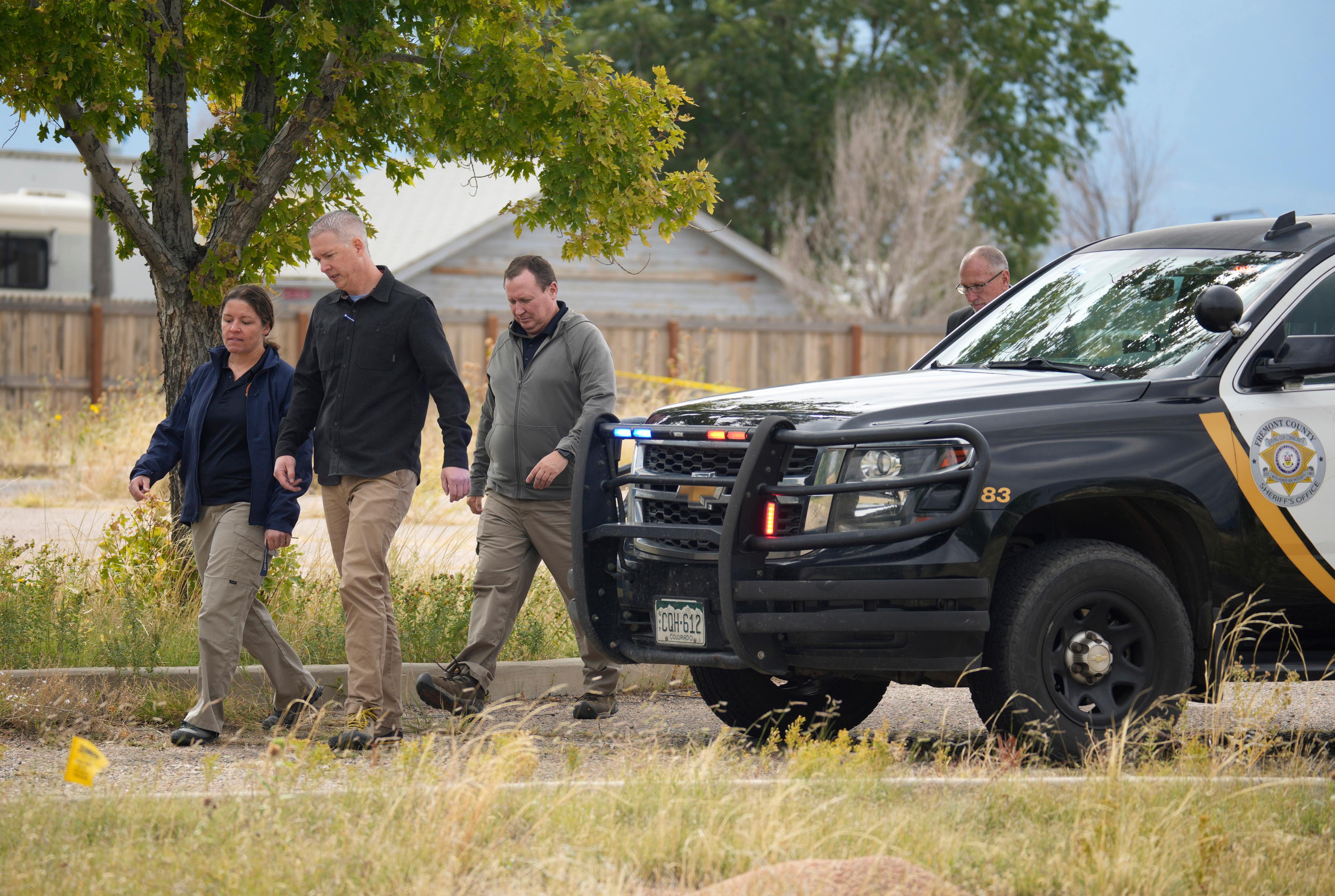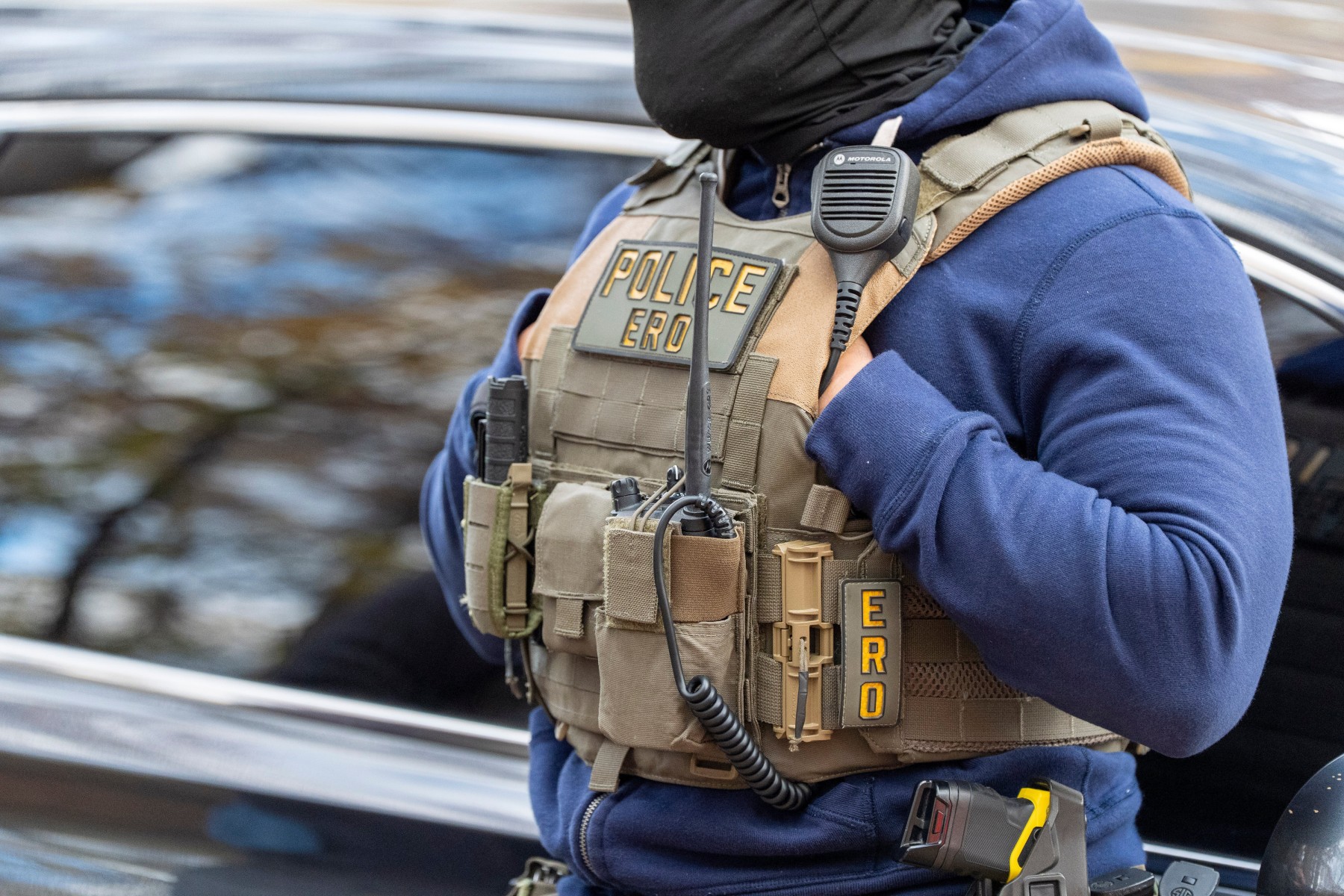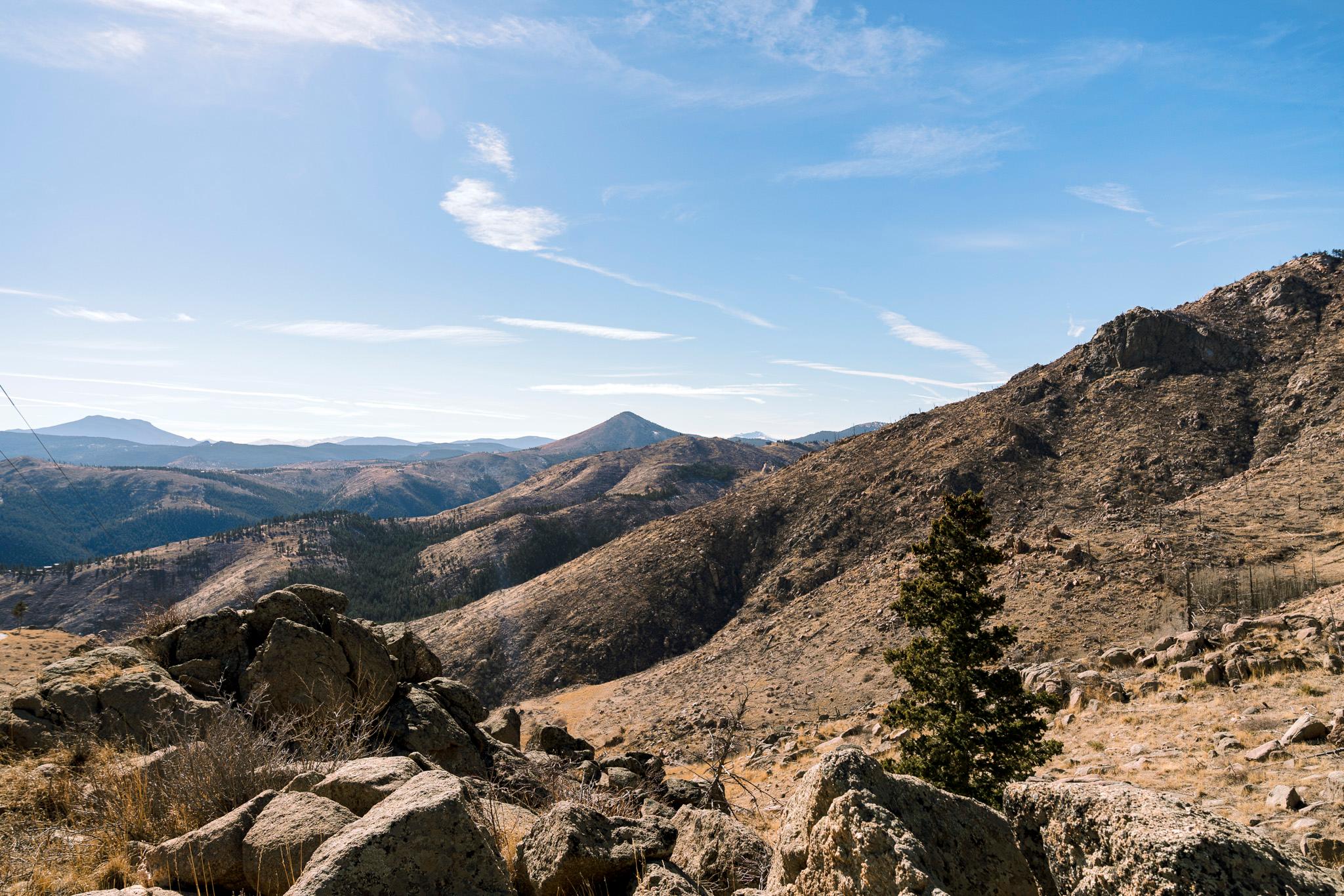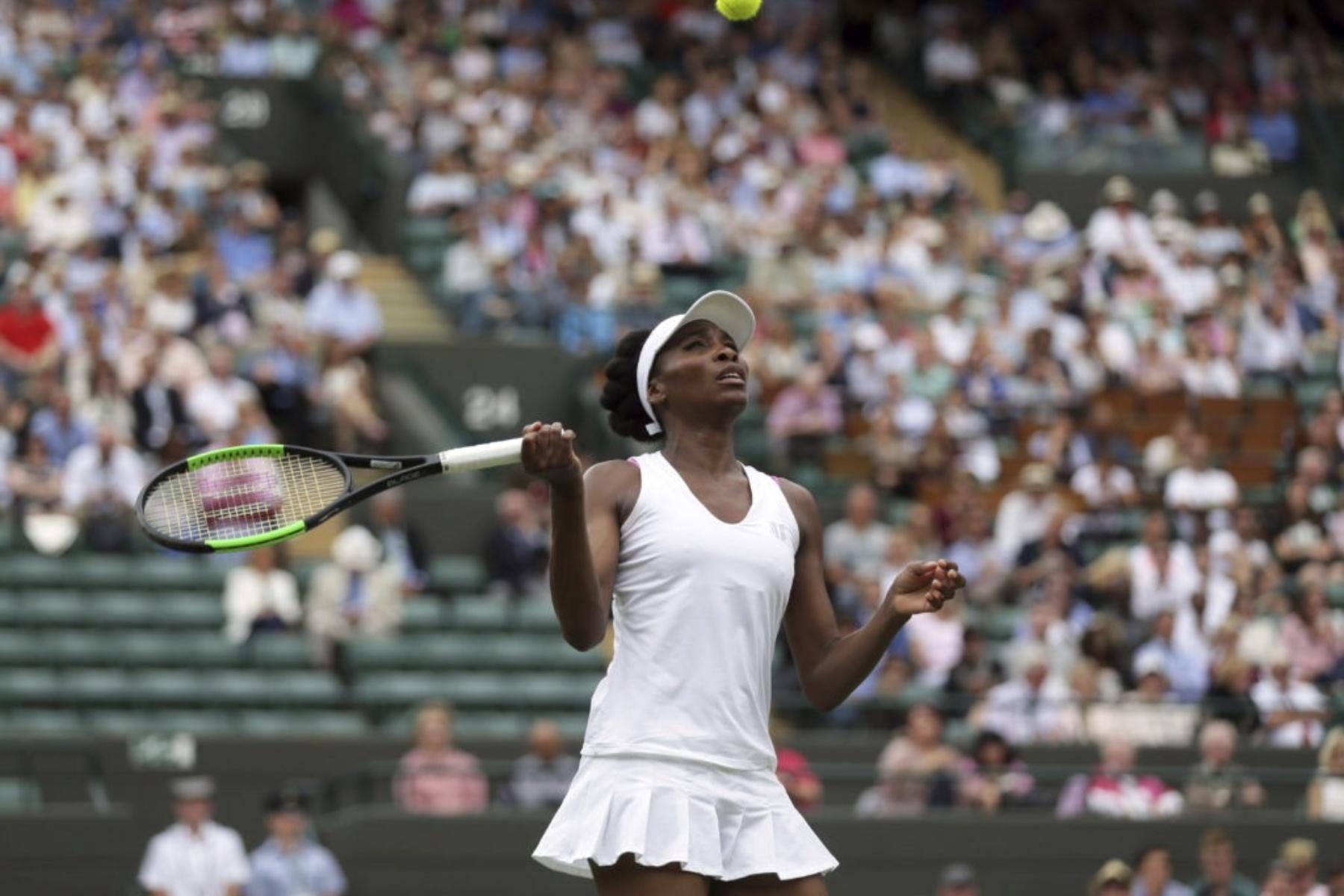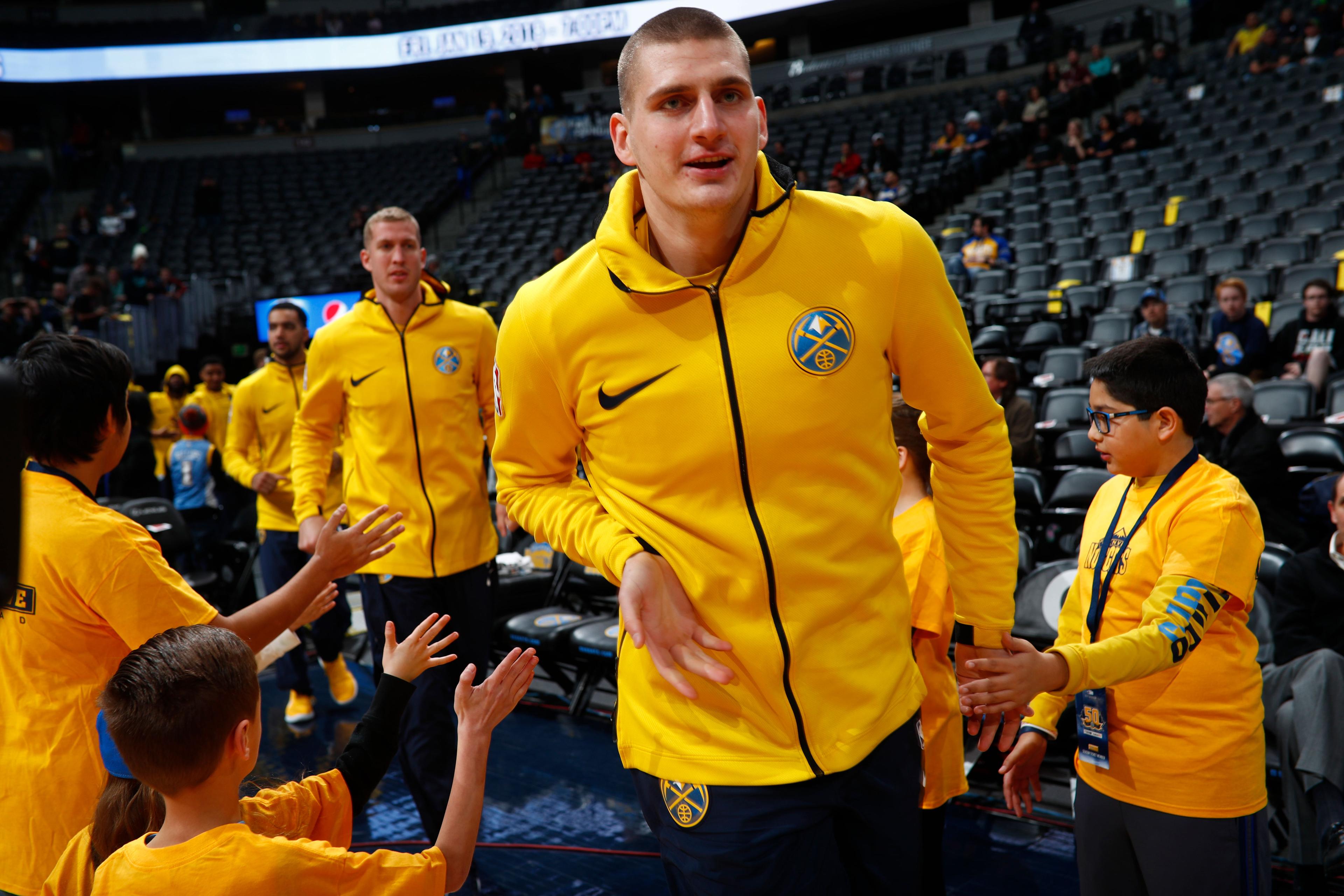
Updated on May 21, 2021
At a towering 6-foot-10 Nikola Jokic is a big hero in Denver’s Serbian community. He’s one of the NBA’s most dynamic young players, just 26, and someone who can dish dazzling assists, shows an amazing touch around the basket and shoots from downtown.
“When I was watching him on TV, I saw him shoot a three-pointer and make it, and I was like, ‘Woah, that’s so cool,’” said 11-year-old Ognjen Petrovic. “And I started practicing and started getting real good at it, and that’s what I’m really proud of.”
Petrovic and about a dozen other children are roughhousing outside Lakewood’s St. John the Baptist Serbian Orthodox Church after services. In fact, as soon as mass ended they raced from the pews to get out here; full of energy and things to say — especially about their favorite star Nugget power forward.
“I like him because he’s from Serbia and I’ve met him before when he came to our church,” said 10-year-old Jovan Petrovic, Ognjen’s brother. “He’s really nice and he scores a lot of points for the Nuggets.”
When Serbian or Serbian-American kids speak glowingly of Jokic, it fills the pride of Sombor, Serbia with awe.
“If i'm the reason they’re trying out for some teams, or just hanging out with with some friends, to play basketball… I think that’s a really good thing for me,” Jokic said. “And I kind of feel good because I’m making them go outside, and away from video games, computers, or whatever.”

It’s not just the kids. Denver’s adult Serbian community members are also following the Nuggets because of their favorite basketball star. Velibor Pujalo, who lives in Morrison, is a Bosnian Serb who moved to Colorado in 2011.
“Just to see someone coming from Serbia and making that kind of impact on an organization in the NBA, it’s just amazing,” said Pujalo, a St. John’s church member.
The church only recently started serving the Serbian community. Father Radovan Petrovic, who moved to Denver from Serbia 12 years ago, opened the church in 2016.
“There was a need because of the new wave of immigrants that came after the violent breakup of Yugoslavia who settled in Denver and decided they needed a church in this area,” said Father Petrovic.
About 150 Serbian families live in the Denver area, Petrovic said, but “Serbs have been present in Colorado since the 19th Century, as one of the earliest miners in the area.”
Serbian-American Dan Njegomir said St. John’s is “first, last and always a spiritual center,” but it’s also a gathering place where fellow countrymen can eat and socialize over family issues, politics, and of course, basketball. Serbia is the epicenter of what was Yugoslavia and the “people there are big, big basketball fans,” he said.
“They’re major feeders to the European basketball league and to the NBA and other leagues,” Njegomir said. “Basketball is just popular with the people.”

Years before Jokic emerged, Vlade Divac and Peja Stojakovic were the Serbian names cheered in the NBA. But they weren’t THE name everyone knew. It was another athlete who dominated popularity polls back home: tennis great Novak Djokovic.
But times have changed.
“(It used to be) Novak Djokovic, then God,” said Nuggets assistant coach Ognjen Stojakovic. “Now, it’s Nikola (Jokic), Novak Djokovic, then God.”
God is in third place, the Serbian joked, because he doesn’t play any sports.
You can put sleep in a distant fourth on the list. Serbia is seven hours ahead of Denver, and fans there will often wake up in the early morning hours to watch the Nuggets.
“I get a lot of messages that say, ‘We are getting up,’” Jokic said. “Because back home in Serbia it’s like 3 a.m. (during Nuggets games) - and they are waking up and watching my games, so you kind of want to play good for them.”
Jokic is a millionaire, so he can live in any big city he wants. But he chooses to go back to his small hometown every offseason, where he can relax and fish and spend time with a racehorse he bought recently. He lives in Denver with his brothers and his Serbian girlfriend, yet, he can’t wait to get back to the homeland.
“I really like my home and I can do whatever I want to do there,” he said. “And they are my people; my friends and family are there.”
That yearning for the mother country is one more thing that makes Jokic typically Serbian, Njegomir said.
“Ours is a very, very old culture that has strong ties to the Balkans,” he said. “I'm sure that things tug at his heart and he misses this thing or that back home.”
Nikola Jokic has endeared himself to the Serbian community, because in him, they see themselves. He’s a national hero to people whose “heart is still at home” as coach Stojakovic puts it.
Radvoan Petrovic said Jokic “doesn’t just represent our community, but our country as well.” Adoration that is not lost on the Nuggets star.
“When there’s some people who are living here and they’re supporting you, and they’re your people, it’s a really nice feeling,” Jokic said. “It’s a good feeling to know there is someone in the United States who is speaking your language and supporting you.”

